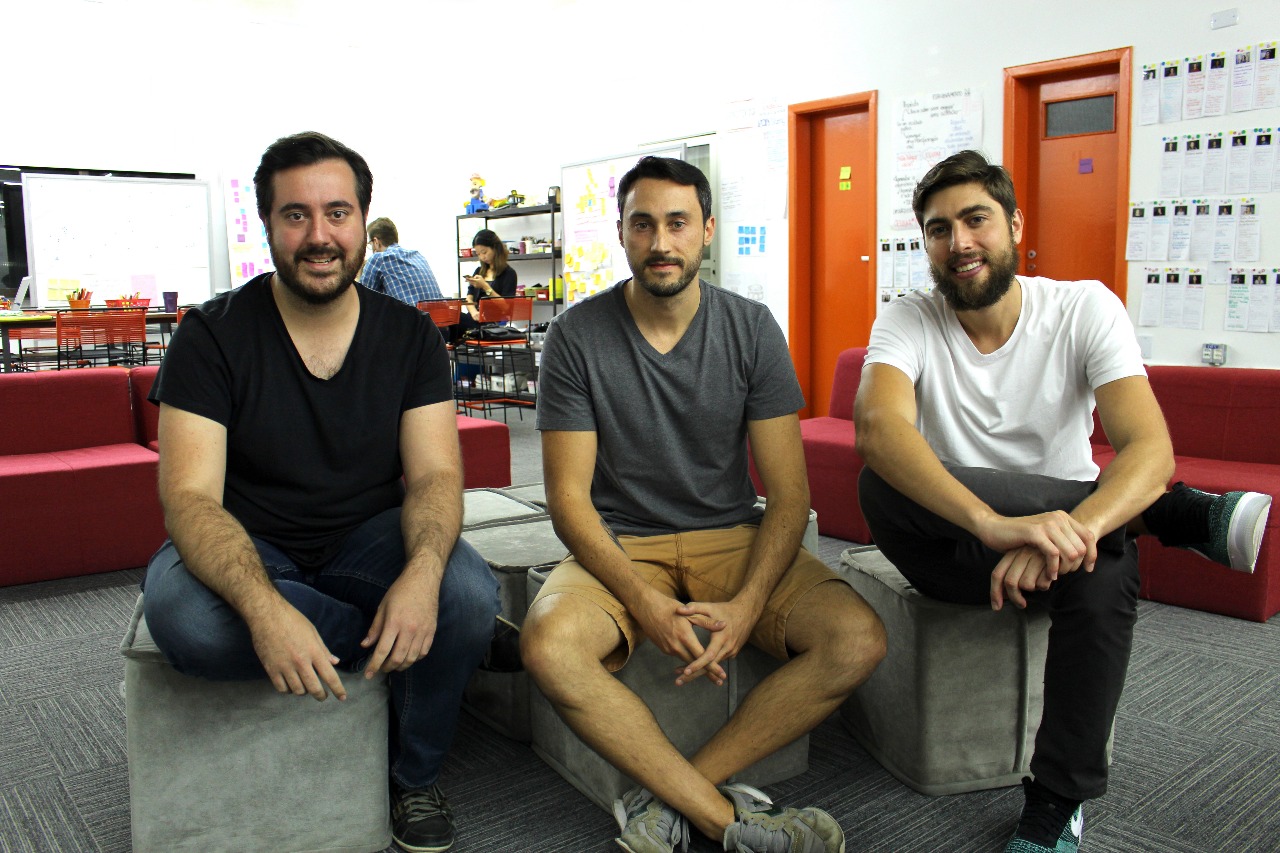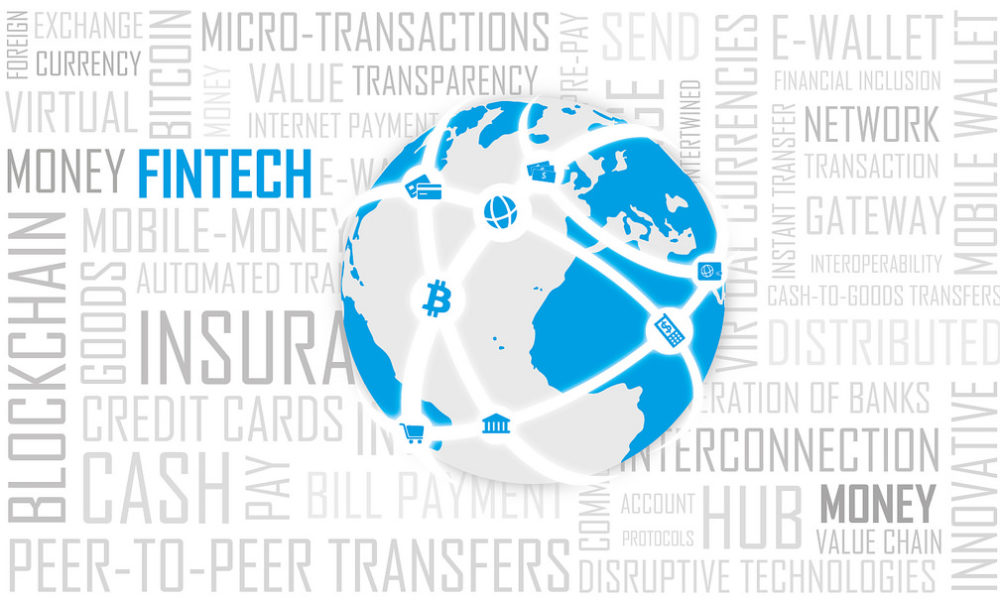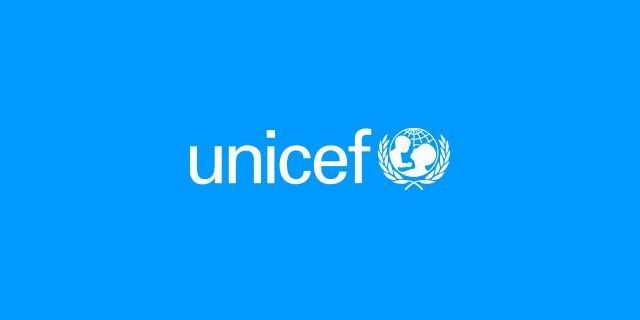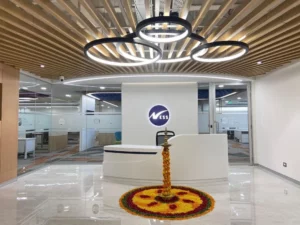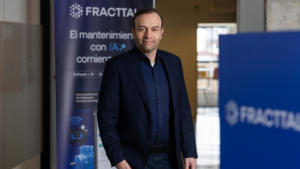São Paulo-based startup Descola provides a platform of virtual courses that teach innovative and cutting-edge content for creative workers and businesses seeking more from their career or employees. Thanks to Descola, access to interactive learning courses focused around contemporary topics is now simpler and more practical than ever. Co-founder and partner of Descola, André Tanesi, spoke to Brazil Reports about the startup and its main target-market, all-important company culture and future targets.
Where did the idea of Descola come from?
“The idea came from a meet-up with friends – we wanted to learn more about new things. We realised that nobody was talking about the topics we wanted to learn about, which were diverse and new: things like gamification, producing artisanal beer, open data… This was in 2011, and then what we did was to start organising face-to-face meetings, inviting people that work with these systems and in these areas. It was a very practical way of finding out what the systems were and how we could apply them in our day-to-day lives.
These meetings taught us a lot about a number of diverse things: with two main ones being the most important. Firstly, that people could learn more about more practical and fast topics, new topics. Secondly, that we needed to make the way they are presented more accessible. So, we talked about how we could take the content from the face-to-face meetings and make it relevant for many more people, for all of Brazil.
So, we decided to create a platform, and this is when Descola was launched, in 2013. The idea is to create courses and organise content around new, original topics. We realised that this was something that was lacking: people wanted to learn in an easier, more practical way. We transformed what had been learnt from these lighter workshops and meetings into online course content, which is much easier and much more engaging.”
What does your main customer demographic look like?
“We have two types of clients: companies (B2B) and individual customers (B2C). B2C comprises a wide profile of clients and we talk to a lot of people who want to learn new skills to change their career direction. We have a market of university students, but also an older market, for people of both genders, aged between 25-40. These types of people are normally those who seek new career challenges or want to develop new skills for the job market. Our clients are very diverse and come from all around Brazil, no one particular state stands out. Obviously more are from São Paulo for demographic reasons, but they are generally spread across all of of Brazil.
When it comes to B2B, we sell course packages to collaborators and companies. We normally work with the HR and innovation areas of companies, who are wanting to introduce new content to their employees and encourage them to develop new skills in a more practical and light way.”
Your innovative office ideas, such as a beanbag full of post-it notes, have previously been commented on and featured online. Is having good company culture important to you?
“Our company is very young, we are five-years-old. We are also a very small team. So, one of the greatest challenges is creating a company with a cool culture. We have designed values in line with what we try to be as a company. The culture is very much a part of our day-to-day, but a company has to have a lot of experience in order to create culture. So, we always try to be very transparent, always very correct, very light and also to have fun. It’s an environment where serious work gets done but also an open space for people to have fun, experiment, try new things.
https://www.youtube.com/watch?v=XdXJV9M4QWM
As a school that deals with topics of innovation, this type of freedom is necessary. So for us, having a company culture makes perfect sense. Because, at the end of the day, our culture is what is going to set us apart from the rest as a business, it’s not just strategy. There’s that famous phrase “culture eats strategy for breakfast”: we’re really working towards that. Company culture creates a different business model and makes the environment more pleasant, so it’s super important.”
Have you expanded outside of Brazil as a company?
“We participated in an acceleration program called ‘StartUp Chile’ in 2015. We went to Chile and tested and created a platform in Spanish. However, we realised it was another operation, for which we would need different courses, and a different market.
We were just starting to get good traction here in Brazil, so we made the strategic decision to abandon the project in order to be able expand our market in Brazil more quickly. Our Brazilian market is different, the people have their own traits, it has its own forms of approach and communication.
Growing here and then expanding to other countries is a vision, but a long term one. But, we have to look at our own business first, organise things and focus on consistent growth here. I wouldn’t say we can conquer the world yet if we don’t have the framework for it. We don’t have investment; we grow using bootstrapping and using the company’s own resources. So, we have to focus on the Brazilian market before we can think of expanding.”
What are your main goals for the rest of 2018?
“We set ourselves some goals for 2018. We want to end the year with 70 courses on the platform, and to achieve this, we are launching roughly one course per week. At the moment, we have been 46 and 47 courses on the website. We have about eight in production currently, so content production is very accelerated so that we can expand significantly beyond the topics we already have. It’s a more controlled objective, we put together a team for this and we are looking like we are on track to achieve it.
There’s one other main goal, which has to do with revenue: we want to double it from last year’s. This is going to be quite a difficult target. With regards to sales, doubling revenue is less controllable, but we are growing and we will see how the year pans out in order to be able to tackle this target.”

